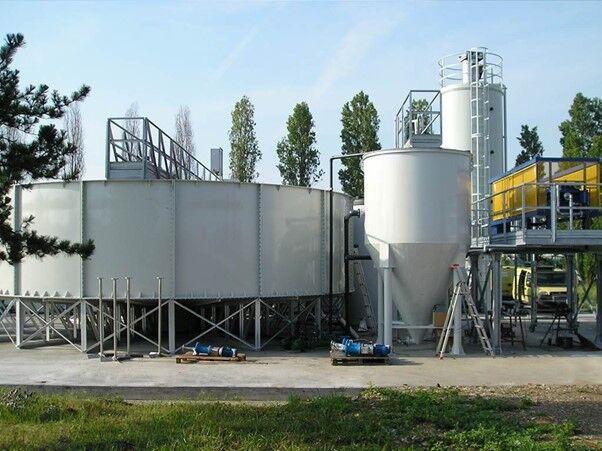Amidst growing water stress, many countries struggle to provide their people with enough clean water thanks to a combination of rapidly expanding populations and the climate emergency. Industries like pharmaceutical, which depend on high-quality process water for use in manufacturing, may be severely affected by a declining water supply. The Indian pharmaceutical industry, valued at $50 billion, has been hailed as a game-changer in the field of healthcare, providing affordable, life-saving medications to millions of people around the world. Ironically, 3000+ pharma companies and about 10,500 manufacturing units spread across the country contribute to the antimicrobial resistance (AMR) crisis that is estimated to result in a death toll of 10 million people across the world by 2050!
Significance of water treatment plants in the pharmaceutical industry

The pharmaceutical sector has a crucial and essential requirement for water. To meet regulatory standards or prevent the problem of water scarcity, these techniques treat, recycle, reuse, or release water into the environment.
Prior to using it in the manufacturing of pharmaceuticals, water must be treated from a water treatment plant. The typical source of water used to serve the pharmaceutical sector is underground water and water from nearby water treatment plants. Pharmaceutical businesses must treat their input water sources to get rid of any contaminants or pathogens that could lower the quality of their products.
Purified water is used and applied in a wide range of ways at all stages of the manufacturing process in the pharmaceutical sector. Let’s look at a few instances of how water is used in the industry.

Pharmaceutical Water Treatment Solutions
Purified Water for Pharmaceutical Use: For some medicines, water could be a critical component. Ordinary water, including drinking water, contains traces of pollutants and toxins, and hence cannot be used as a medicinal ingredient. For this use, purified and disinfected water must be supplied by a pharmaceutical water treatment plant.
Boiler Water Treatment and Cooling Water Treatment: Lack of adequate water treatment might cause bacteria and sediments in the boiler housing and pipes to interact. Various water treatment technologies can be used to raise or improve the quality of water.
Water Treatment Solutions for the Pharma Industry

Pharmaceutical industries place a high priority on the usage of purified and high-quality water from a water treatment plant. Pharmaceutical businesses also rely on filtered water, to eliminate dissolved solutes to save money and achieve their environmental aims. The following are a few of the popular water treatment options. For efficient outcomes, these solutions can be applied singly or in combination.
Distillation – To remove pollutants suspended in water, distillation uses the volatility (difference in vapor pressures) of the water. The water is heated to a boil in a specially designed multi-column distillation facility, and the fumes are then condensed to provide sterile water, which is commonly used for the manufacture of injectables.
Reverse Osmosis (RO) – Known as one of the most effective methods for removing dissolved salts and minerals and reducing TDS levels, reverse osmosis (RO) is extensively used in the pharmaceutical industry and other fields where water is a vital resource and raw material. In reverse osmosis (RO), a high-pressure pump pushes water through a semi-permeable membrane that traps microorganisms in the water while allowing the “clean” water to pass, eliminating dissolved pollutants.

